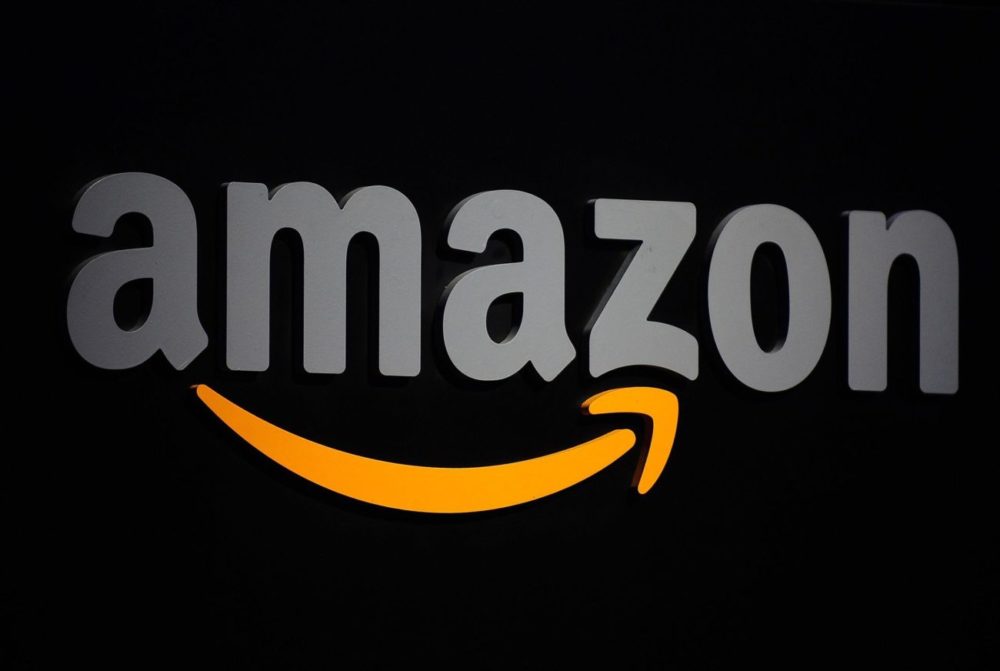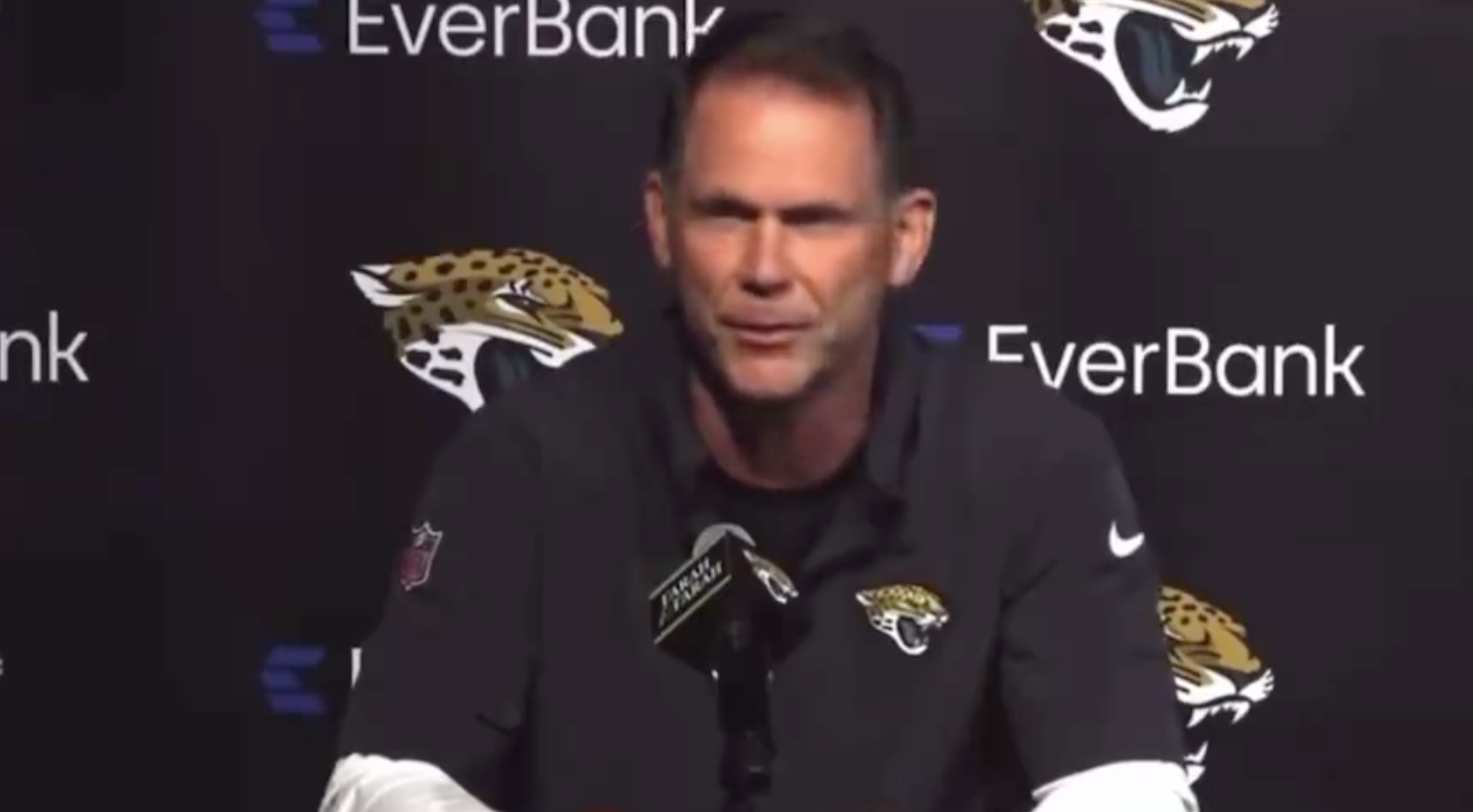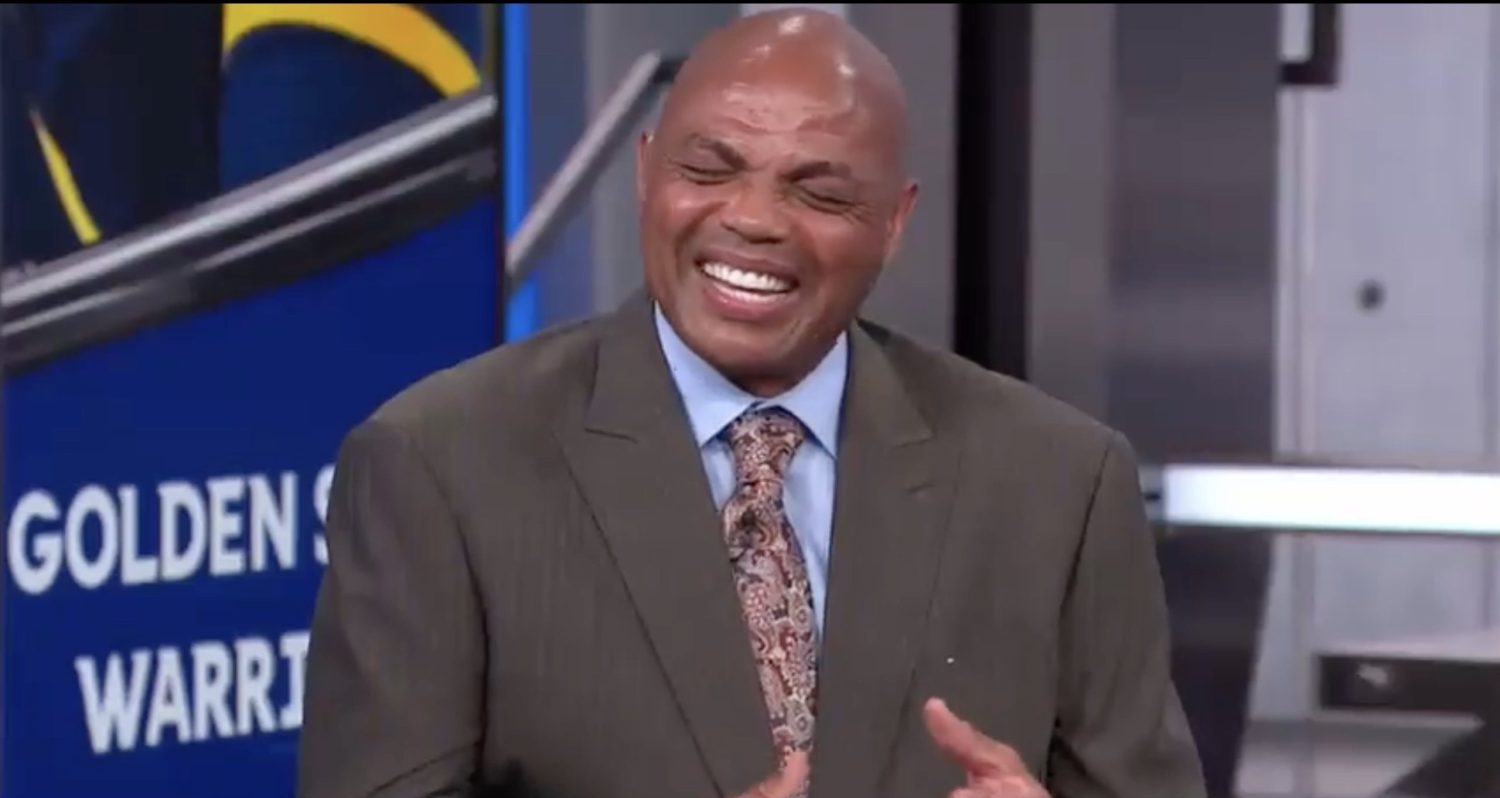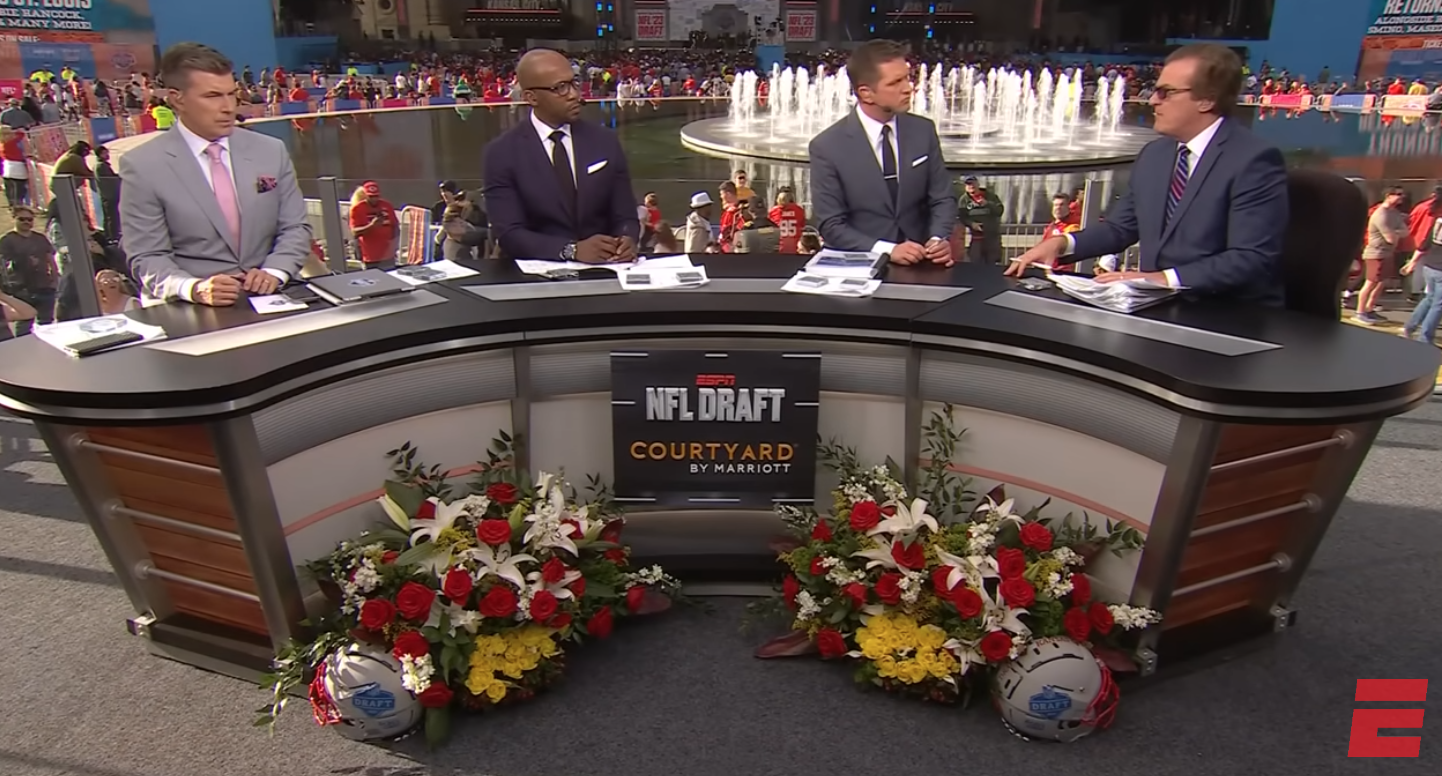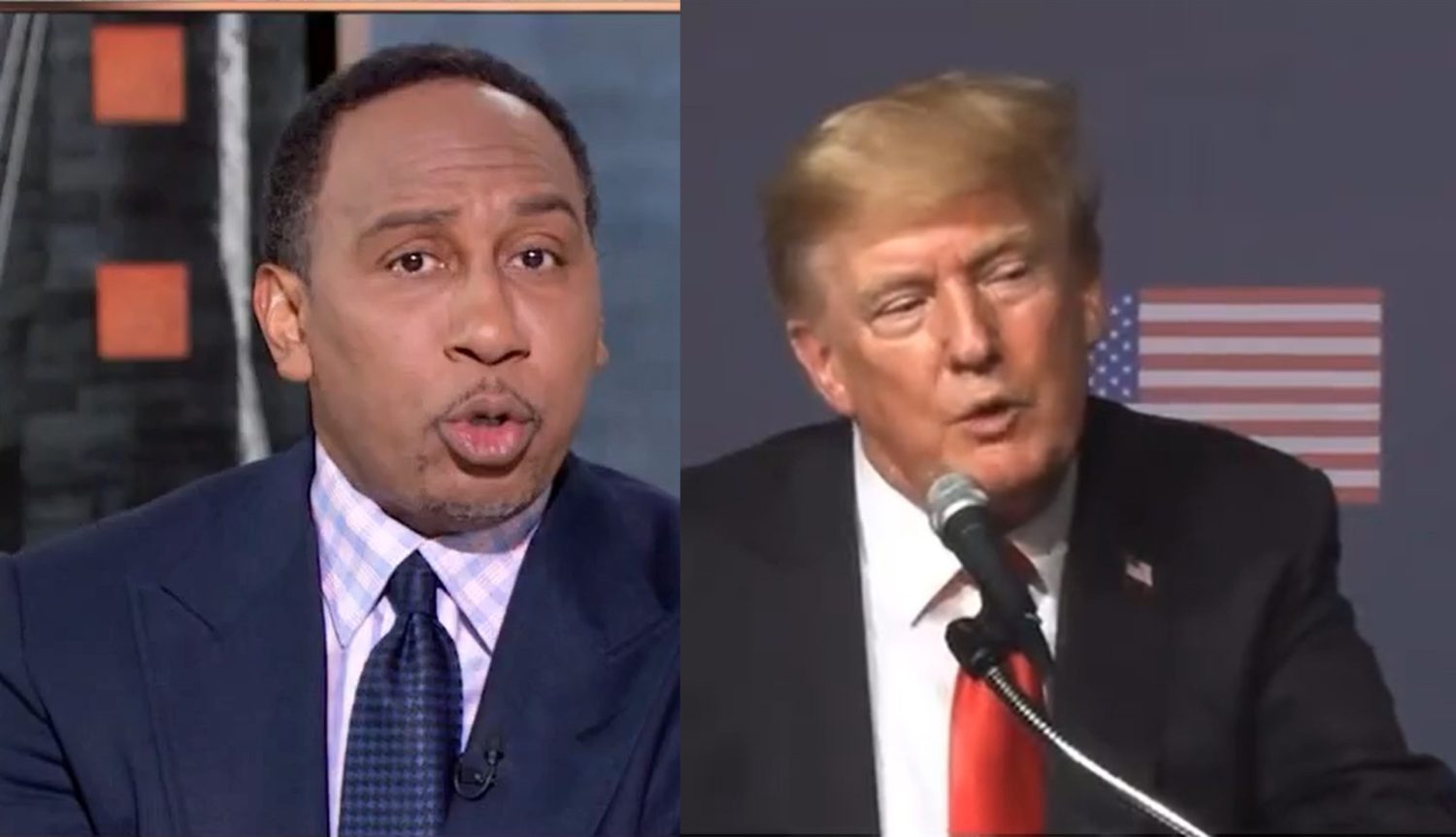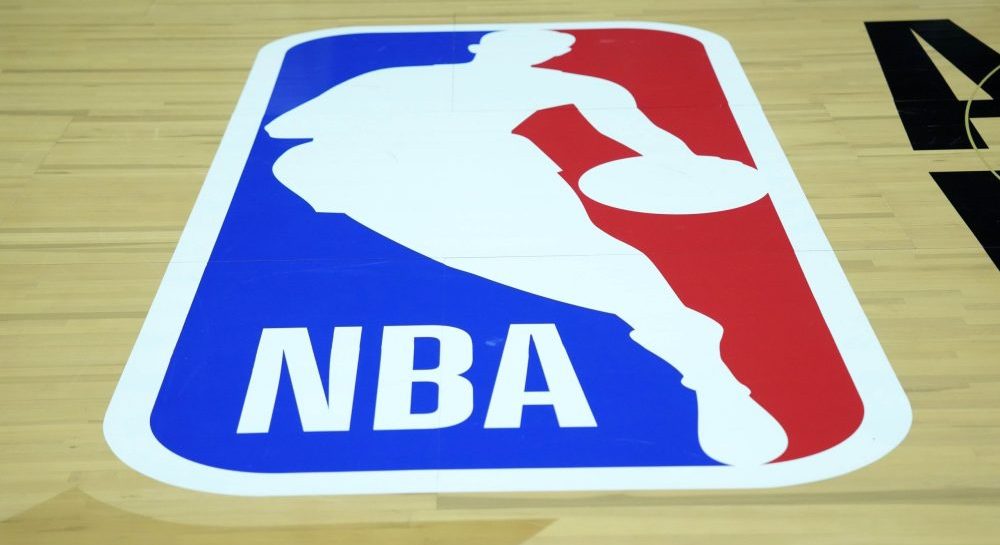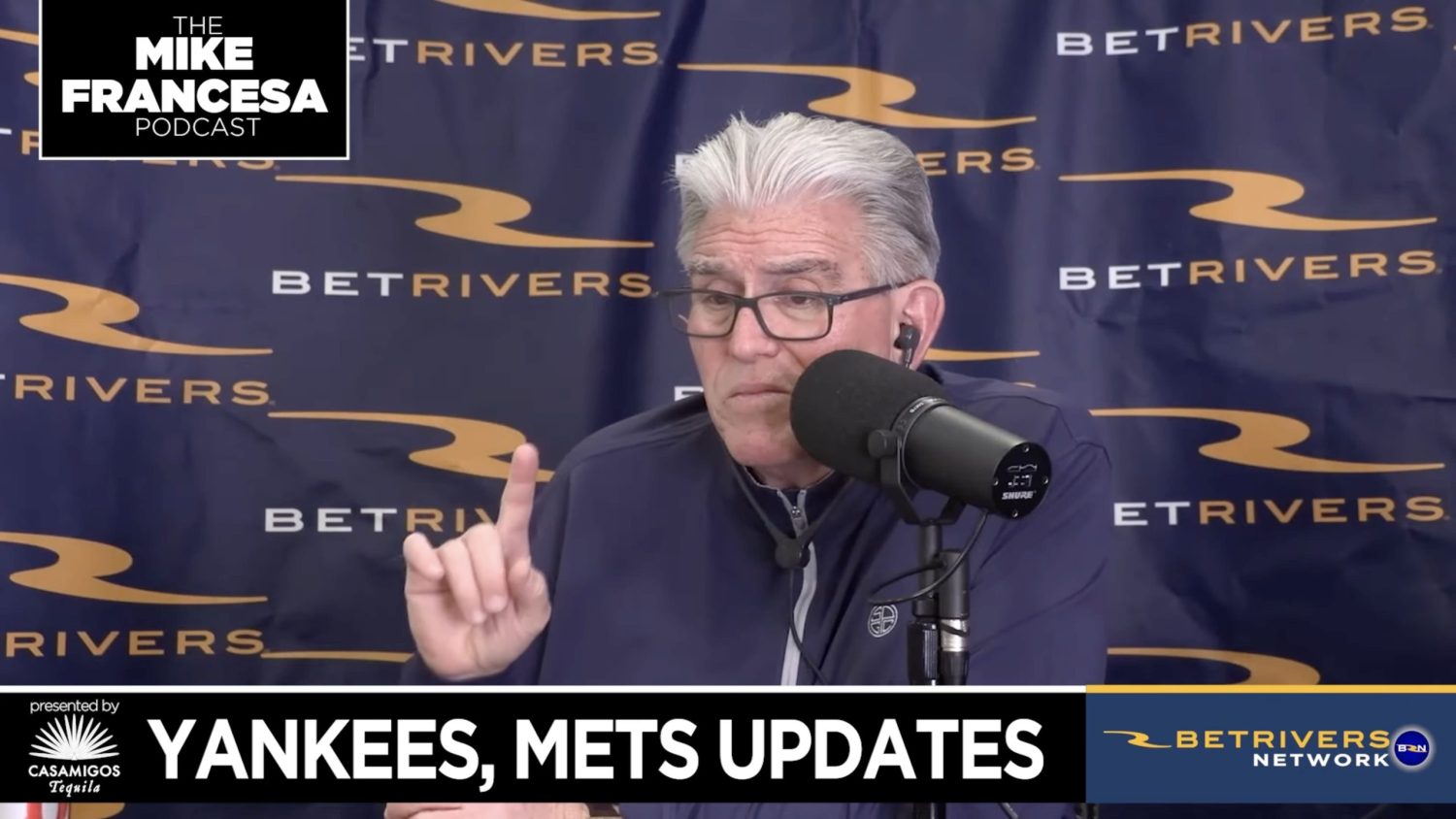I spent my holiday weekend stepping back in time watching VHS recordings, ranging from old NBA All Star games to my brother’s eight grade championship tournament where he steals the trophy from his teammates and runs away with it. And to top it off, I dropped a decades old tube TV on my dominant hand, forcing a long afternoon in an UrgiCare. To say I’m thankful that those devices are extinct is an understatement, and not only way of viewing content anymore.
Fast forward to 2018 and the behemoth that is Amazon has gone full force invading the sports content landscape. Its bid for the Fox-owned 22 Regional Sports Networks is not only a game-changer, it’s a big investment- around $22 billion, to be more exact. Millions of dollars have been invested by Amazon into their entertainment division and original content, and sports has not been the top priority…until now. Do they have their toe in the water? Sure. TNF streaming on Prime, English Premier League matches abroad, and ancillary programming like behind the scenes shows. But this acquisition would be a head-first dive into the sports market.
The Stand-Alone Sports Dream
Fox changed the landscape with “couch rights” for the NBA, MLB, and NHL. Log in with your provider wherever you are, and stream live your professional sports team. With Amazon and this possible acquisition, those streaming options only grow. We have never seen a stand-alone subscription option for your professional sports broadcasts, and this could break that barrier. ESPN has dangled the fruit in front of us for years now, and with the creation of ESPN+, I couldn’t help but think “this is it, they are getting ready to make the full leap.” However, it of course must make financial sense, the product must be acquired, and the delivery type needs to be set. ESPN+ started with programming they know they already had a following with, at a very low price point, and they have continued to add more offerings for the streaming platform. They have the product, and now they have a means of getting it to the consumer.
But are they Amazon? No, and that’s not necessarily a bad thing. The RSN business and the national sports business are very different ballgames, and the RSNs not being able to be kept in house changes the whole approach for Disney/ESPN and their future plans.
So why does it make more sense for Amazon? The cable bundle remember was more solid than most marriages when it was thriving. It was the only way to get content, carriage requirements on certain tiers weren’t enforced, and, frankly, salaries for professional athletes and sports rights prices weren’t anywhere close to where they are now. During my latter years in the distribution business, many providers were making their sole profits off of broadband because its cost is so low, and not off of video anymore. That’s what helped create the streaming of content today.
To have a content provider like Amazon, whose limits are seemingly endless, it could bring the consumer the final stand-alone option of a sports channel. They will have the product, they will have the delivery, and they have the financial backing. I get a little giddy thinking about it. Prime Members able to stream their Regional Sports Networks? What about adopting the pay-per-game scenario the NBA is dabbling in? Or nationally stream a game promoted on Prime each week? There’s a lot of big dreams in those few questions, but they aren’t impossible. I dropped an old tube TV on my hand. Anything can happen, never say never.
Next Steps
Amazon is not the lone soldier in the bidding, as Sinclair Broadcast Group, KKR, The Blackstone Group, Tegna, and Apollo Global Management have all expressed interest and placed bids of their own. Also, don’t be surprised if Fox goes back for a bid, but there’s a big part of me that just doesn’t see that being the outcome in all of this. They did recently extend their national MLB rights through 2028, but the regional business may be just a fond memory. Fox may just want to get out of that side of the business and keep their focus on national broadcasts.
The RSNs are not an all or nothing buy, either. They can be sold individually. YES Network, for instance, is still 20% owned by the Yankees, and I fully expect them to bring it back in house as has been rumored in recent months. Don’t be surprised either if other teams who have small financial stakes in their respective local networks don’t follow suit, or if several teams in a market join together in a bid for their RSN. The second round of bids is expected to be before the end of the year, so make sure to stay tuned to the progress on the bidding.

